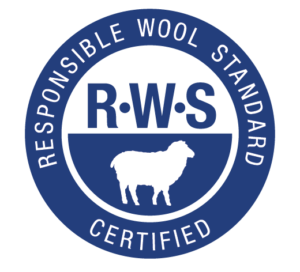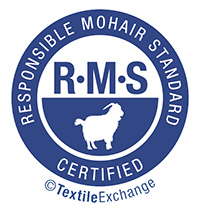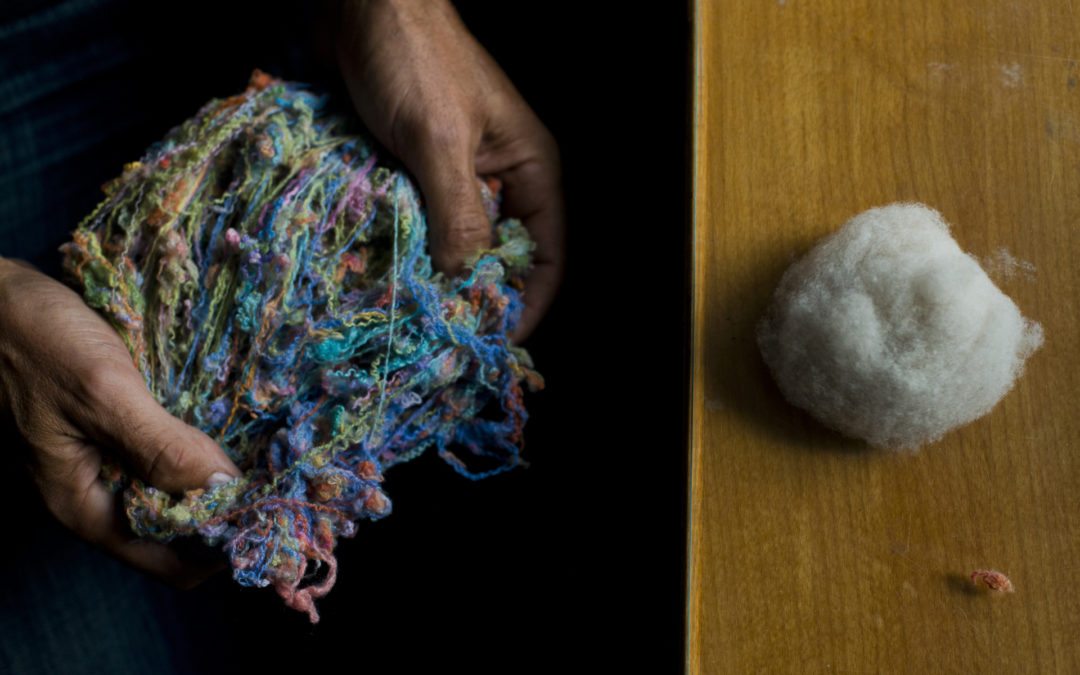Sustainability for a textile company is not only synonymous with ecology. The concept, in fact, can be declined in many ways, in addition to respect for the environment. For this reason, more and more companies in the textile industry are engaged in real projects of corporate sustainability at 360 degrees.
How? Through respect for the health of workers and consumers, the rights of people and animals, the rationalization of creative and productive processes, the enhancement of creative recycling and investment in innovation and research. To promote a sustainable fashion system, therefore, companies can refer to different tools, such as Certifications.
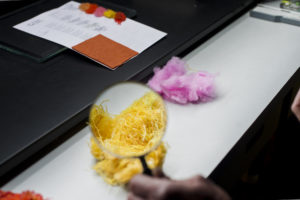
Sustainable production and environmental impact assessment
There are different types of certifications, each of which serves to certify the sustainable production of goods and services, but also the assessment and communication of environmental impacts along the life cycle of a product.
Here are the environmental certifications, and not only, most widespread among Italian textile companies, and what they are used for: GOTS (Global Organic Textile Standards) and BCI (Better Cotton Initiative) for organic textile, GRS (Global Recycled Standard) for recycled textile, RWS (Responsible Wool Standard) and RMS (Responsable Mohair Standard) for animal welfare.
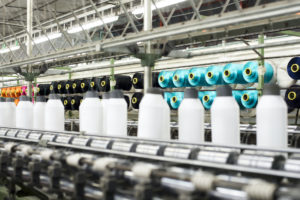
GOTS and BCI, the products made with organic fibers
Global Organic Textile Standards is the certification that proves the use of natural fibers from organic farming, like organic cotton or wool. It guarantees the consumer that the product purchased has been produced in compliance with strict environmental and social criteria applied at all levels: from cultivation to the labeling of the finished product.
Better Cotton Initiative certifies the creation of textile products made with cotton from sustainable cultivation. This means that the fibers with which textile products are made come from organic farming and are then processed in a responsible and sustainable manner.
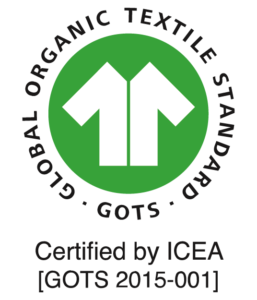
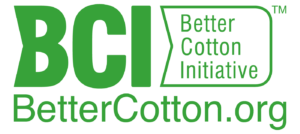
GRS, products made from recycled material
Global Recycled Standard is the certification that attests to the growth of a sustainable production and consumption model in a company. This practice aims to encourage the reduction of the use of resources (raw materials, water, energy) and to increase the quality and traceability of recycled products.
To obtain the GRS certificate, a textile product must be composed of at least 20% recycled materials, and its production must be carried out in compliance with environmental and social criteria along the entire production chain.
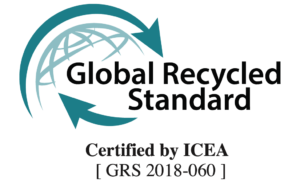
RWS and RMS for animal health and rights
With regard to animal protection, Responsible Wool Standard in a textile company attests to the use of wool from sheep farms that meet specific animal welfare and sustainable land management requirements.
Responsible Mohair Standard is, instead, the standard that ensures that the mohair used for the production of a yarn or fabric comes from farms that have a sustainable approach both in the management of their land and their goats.
